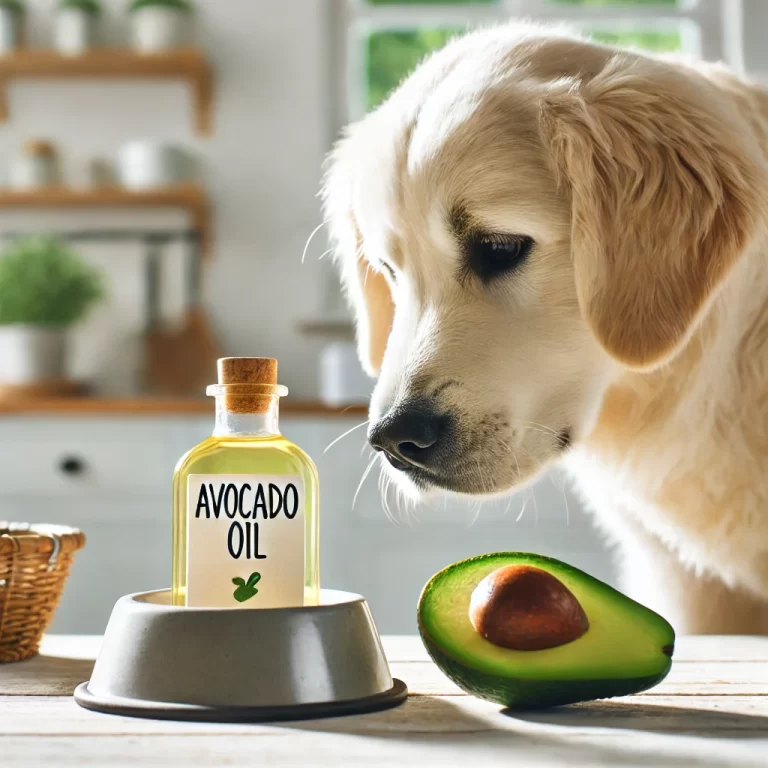Can Dogs Have Coconut Yogurt? | Health Benefits & Safety Guide
As more dog owners shift toward holistic and plant-based products, questions about dog-safe human foods are more common than ever. One trending item that sparks curiosity is coconut yogurt. But can dogs have coconut yogurt? Is it a nutritious addition or a potential hazard for your furry friend?
In this article, we explore whether coconut yogurt is safe for dogs, its nutritional benefits and drawbacks, and how to serve it responsibly. Whether you’re considering it as a treat or probiotic supplement, read on to find out everything you need to know.
Table of Contents
- Is Coconut Yogurt Safe for Dogs?
- Nutritional Benefits of Coconut Yogurt for Dogs
- Potential Risks of Feeding Coconut Yogurt to Dogs
- Ingredients to Watch Out for in Coconut Yogurt
- How to Safely Serve Coconut Yogurt to Dogs
- Coconut Yogurt vs. Dairy Yogurt for Dogs
- Healthy Alternatives to Coconut Yogurt
- FAQ
Is Coconut Yogurt Safe for Dogs?
Yes, dogs can have coconut yogurt in moderation—provided it’s plain, unsweetened, and free of artificial additives. Coconut itself is non-toxic to dogs and can offer some health benefits. However, not all coconut yogurts are created equal. Some contain harmful ingredients like xylitol, added sugars, or artificial flavors that could put your dog at risk.
It’s always important to read labels carefully and offer coconut yogurt as an occasional treat rather than a dietary staple.
Nutritional Benefits of Coconut Yogurt for Dogs
When made with simple, clean ingredients, coconut yogurt can provide a few notable health perks for dogs:
1. Natural Probiotics
Many coconut yogurts are cultured with live probiotics that help promote gut health, improve digestion, and boost the immune system.
2. Healthy Fats
Coconut is rich in medium-chain triglycerides (MCTs), which may help support brain function and energy levels in dogs when fed appropriately.
3. Lactose-Free Alternative
Unlike traditional dairy yogurt, coconut yogurt is lactose-free, making it a good option for dogs with lactose intolerance or sensitive stomachs.
4. Low Allergen Potential
Compared to cow’s milk products, coconut is less likely to trigger allergies in dogs, although reactions are still possible.

Potential Risks of Feeding Coconut Yogurt to Dogs
Despite its potential benefits, there are some risks to be aware of:
1. High Fat Content
While MCTs can be beneficial, excessive fat—especially from processed coconut products—can lead to pancreatitis or weight gain in dogs.
2. Sugar and Additives
Many commercial coconut yogurts are flavored and sweetened. Added sugars, artificial sweeteners, or thickeners can cause digestive upset or more serious health concerns.
3. Digestive Sensitivity
Some dogs may experience soft stools, diarrhea, or flatulence when trying coconut yogurt for the first time.
4. Caloric Load
Even healthy treats can contribute to calorie overload. Always adjust your dog’s overall food intake when adding extras like yogurt.
Ingredients to Watch Out for in Coconut Yogurt
Before giving your dog any coconut yogurt, scan the label for the following red flags:
- Xylitol: A common sugar substitute that is extremely toxic to dogs
- Added Sugars: Especially cane sugar, high-fructose corn syrup, or agave
- Artificial Flavors or Colors: Can irritate the gut or cause allergic reactions
- Preservatives and Stabilizers: Such as carrageenan, which may upset sensitive stomachs
Choose plain, unsweetened coconut yogurt with minimal ingredients. Ideally, it should contain only coconut milk, cultures, and perhaps tapioca or agar-agar for texture.
How to Safely Serve Coconut Yogurt to Dogs
Here are some tips to safely incorporate coconut yogurt into your dog’s diet:
1. Start Small
Begin with 1–2 teaspoons for small dogs and 1–2 tablespoons for larger dogs. Monitor for any adverse reactions over 24 hours.
2. Use as a Food Topper
Add a small dollop of coconut yogurt on top of your dog’s kibble or raw meal for extra flavor and gut-friendly probiotics.
3. Freeze into Treats
Spoon into silicone molds and freeze for a refreshing summer snack.
4. Mix with Fruit or Pumpkin
Blend with small amounts of dog-safe fruit (like blueberries or banana) or canned pumpkin for added nutritional value.
Remember: coconut yogurt should never make up more than 10% of your dog’s daily calorie intake.
Coconut Yogurt vs. Dairy Yogurt for Dogs
Both coconut and dairy yogurts have pros and cons:
| Aspect | Coconut Yogurt | Dairy Yogurt |
|---|---|---|
| Lactose-Free | ✅ | ❌ (contains lactose unless specially formulated) |
| Natural Probiotics | ✅ (if live cultures included) | ✅ |
| Fat Content | Moderate to high (MCTs) | Varies (can be low-fat) |
| Protein | Low | Higher protein content |
| Flavor Additives | Often sweetened | Often sweetened |
Verdict: Both can be suitable in small amounts if unsweetened and plain. Coconut yogurt is preferable for dogs with lactose intolerance.
Healthy Alternatives to Coconut Yogurt
If coconut yogurt isn’t available or doesn’t suit your dog, try these alternatives:
- Plain Greek Yogurt: Higher in protein and probiotics (ensure it’s lactose-free if your dog is sensitive)
- Pumpkin Puree: Great for digestion and low in calories
- Bone Broth Gelatin Cubes: Hydrating and full of collagen
- Mashed Banana: Naturally sweet and rich in potassium
FAQ
Can dogs have flavored coconut yogurt?
No. Flavored yogurts typically contain added sugars, sweeteners, or artificial ingredients that are not safe for dogs.
Is coconut yogurt good for dogs with sensitive stomachs?
In small amounts, it can be. However, always introduce slowly and watch for digestive upset. Probiotic-rich yogurt may help some dogs, but others may not tolerate coconut well.
Can puppies eat coconut yogurt?
Puppies have delicate digestive systems. It’s best to consult your vet before introducing coconut yogurt to a puppy’s diet.
How often can I give my dog coconut yogurt?
1–2 times per week is a safe frequency for most dogs, assuming there are no adverse reactions. Always offer in moderation.
What should I do if my dog reacts poorly to coconut yogurt?
Stop feeding it immediately. If symptoms like vomiting, diarrhea, or lethargy occur, contact your veterinarian for guidance.
Conclusion
So, can dogs have coconut yogurt? Yes—with caution. Plain, unsweetened coconut yogurt can be a healthy and tasty treat for dogs, especially those with lactose intolerance. It offers beneficial fats and probiotics, but it’s crucial to avoid any yogurt that contains xylitol, added sugars, or artificial additives.
As with any new food, start slow and monitor your dog’s response. And when in doubt, your vet is the best resource for advice tailored to your dog’s unique health needs. With the right approach, coconut yogurt can be a fun and functional addition to your dog’s treat rotation.



